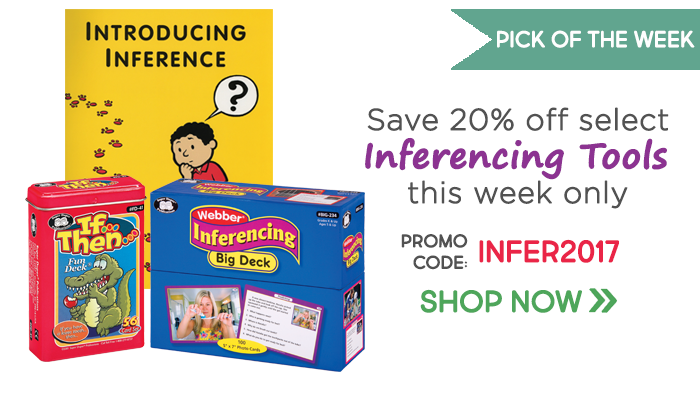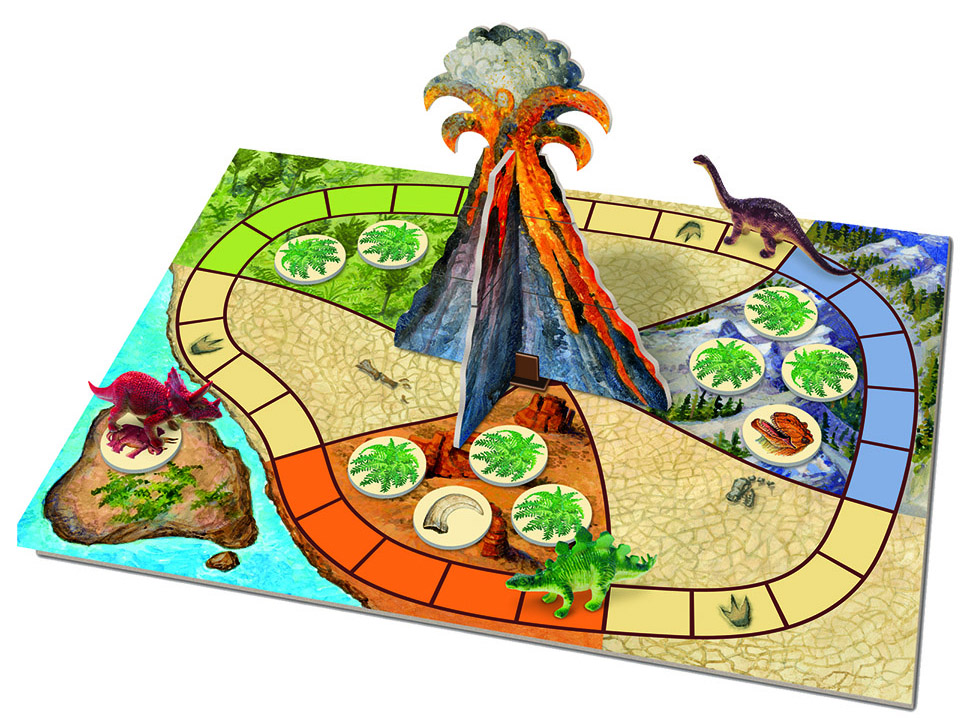This week, in continuing the spirit of Autism Awareness, we’re excited to feature a two-part expert article on a social problem-solving intervention method by Steven Gordon, PhD, ABPP, and Michael Selbst, PhD, BCBA-D, who are the founder and directors of Behavior Therapy Associates, P.A. Here in Part I, Drs. Gordon and Selbst have addressed the outcomes of different types of social skills training and what an effective social skills teaching program encompasses in order to promote independence in learners.
The Social Problem-Solving Model: Promoting Greater Independence – Part I
Steven B. Gordon, PhD, ABPP & Michael C. Selbst, PhD, BCBA-D
Students with social skills deficits often have difficulty in many of the following areas: sharing, handling frustration, controlling their temper, ending arguments, responding to bullying and teasing, making friends, and complying with requests.
These impairments require direct instruction to address the deficits. In addition, these impairments are exacerbated for those with a mental health diagnosis of Autism Spectrum Disorder, Attention Deficit/Hyperactivity Disorder, Oppositional Defiant Disorder, and Nonverbal Learning Disorder.
A large body of research indicates that social skills training produces short and long term positive outcomes. The improvement in social skills has many benefits: an increase in students’ positive behavior, reduction in negative behavior, improvements in academic performance, more positive attitudes toward school, and increase preparation for success in adulthood.
Social skills learning programs have yielded significant benefits in many studies conducted to date. “The ultimate goal of a social skills program is to teach the interpersonal, problem-solving, and conflict resolution skills that students need relative to interpersonal, problem-solving, and conflict resolution interactions. In a generic sense, then, students with good social skills are unlikely to engage in inappropriate internalizing or externalizing behaviors” (Knoff, 2014). In one important meta-analysis by the Collaborative for Academic, Social and Emotional Learning (CASEL), it was concluded that social and emotional programs are effective in both school and after-school settings, for students with and without behavioral and emotional problems, for racially and ethnically diverse students from urban, rural, and suburban settings across the K-12 grade range.
Social and Emotional Learning (SEL) interventions improve students’ social-emotional skills, attitudes about self and others, connection to school, and increase positive social behavior while reducing conduct problems and emotional distress. CASEL’s review also indicates that school-based programs are most effectively conducted by school staff (e.g., teachers, student support staff) and suggest that they can be effectively incorporated into routine educational practice. In light of CASEL’s positive findings, it has recommend that federal, state, and local policies and practices encourage the broad implementation of well-designed, evidence-based social and emotional programs in schools. Continue reading →


 For kids who love dinosaurs, the
For kids who love dinosaurs, the 
 Younger learners will have an enjoyable time with the
Younger learners will have an enjoyable time with the 

 Help students develop skills in observation, deduction, problem solving, anticipation, storytelling, insight, and more with the
Help students develop skills in observation, deduction, problem solving, anticipation, storytelling, insight, and more with the 



